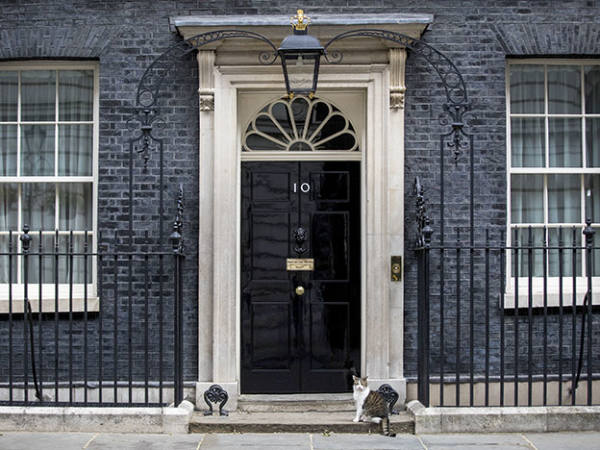- Stamp duty break extended
- Guarantee on 95 per cent loan-to-value mortgages
The stamp duty holiday has been extended by three months to the end of June, enabling more buyers to take advantage of potential savings and potentially boosting UK house prices further.
Since the tax holiday was introduced in July, the property industry has struggled to cope with surging demand, creating bottlenecks in transactions for mortgage brokers and conveyancers.
During the three months to September, homebuyers in England and Northern Ireland will not pay stamp duty on the first £250,000 of their property value, before the nil rate threshold returns to £125,000 from October.
“What this extension has done is it’s given a lifeline to people who were desperately trying to make the move and take advantage of that stamp duty saving,” says Chestertons chief executive Guy Gittins.
The new deadline will most benefit those who are already underway with their property sale or purchase, given that the timescale to complete before the new deadline remains tight. The average home that was exchanged last month was launched to sell 167 days beforehand, according to Hamptons International.
Gittins argued that extending the deadline will not prompt the same surge in demand and cliff-edge as was expected at the end of March. “[For] people who are starting the search or hadn’t got a property [purchase] underway until a few weeks ago, that stamp duty saving wasn’t necessarily being calculated into their moving costs,” Gittins said.
Given the supply of new homes coming onto the market remains below levels witnessed during the comparable period last year, a boost to demand could mean elevated levels of sales price inflation continue. In February, Nationwide’s house price index recorded annual growth of 6.9 per cent, up from 6.4 per cent in January.
The extension is also a fillip for major housebuilders. Shares in the three largest publicly-listed players - Persimmon (PSNO), Barratt Developments (BDEV) and Taylor Wimpey (TW.) - rose by around 6 per cent after the chancellor’s announcement.
The government also confirmed reports that it will provide a guarantee on 95 per cent loan-to-value mortgages, designed to support potential buyers with smaller deposits. That’s good news for listed high street lenders including Lloyds (LLOY), Barclays (BARC), HSBC (HSBA) and NatWest (NWG), which are all participating in the new scheme. The group will soon be joined by Virgin Money (VMUK), said Sunak.
The scheme could lower the cost of repayments for borrowers. For instance, if current 95 per cent LTV rates drop to 75 per cent rates to reflect the lower risk to the lender, it has the potential to bring down the monthly cost of repayments significantly, according to Hamptons International. In Great Britain this could equate to £165 per month, or £1,978 per year, for the average first-time buyer with a 5 per cent deposit, the estate agency said.
The scheme will be available for new mortgages up to 31 December 2022 and allow borrowers to fix their initial mortgage rate for at least five years.
However, it is likely to chiefly benefit those in lower priced parts of the market, as regulatory limits on loan-to-income levels mean the high cost of homes in southern England - notably London - makes using a 95 per cent mortgage much harder, argued David Ross, managing director at property market analytics specialist Hometrack.
“The reaction of lenders will determine the success of the 95 per cent mortgage guarantee scheme,” said Ross. “While many first-time buyers will welcome the opportunity to access a larger loan, it will create a barrier if lenders set high affordability tests or loan-to-income limits.”











